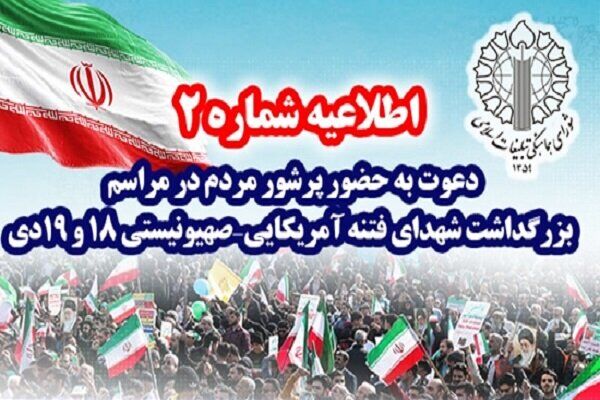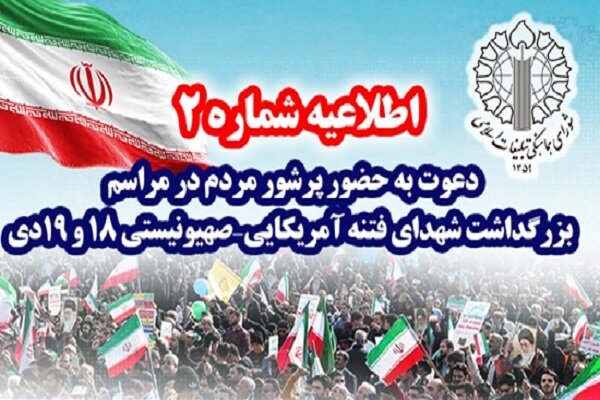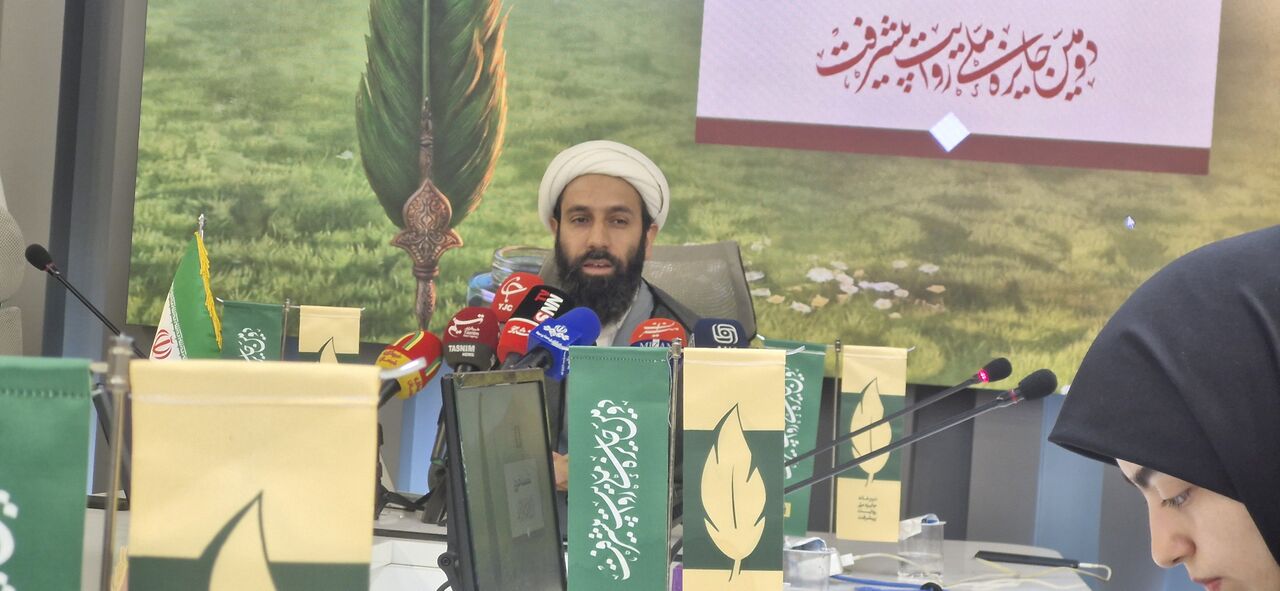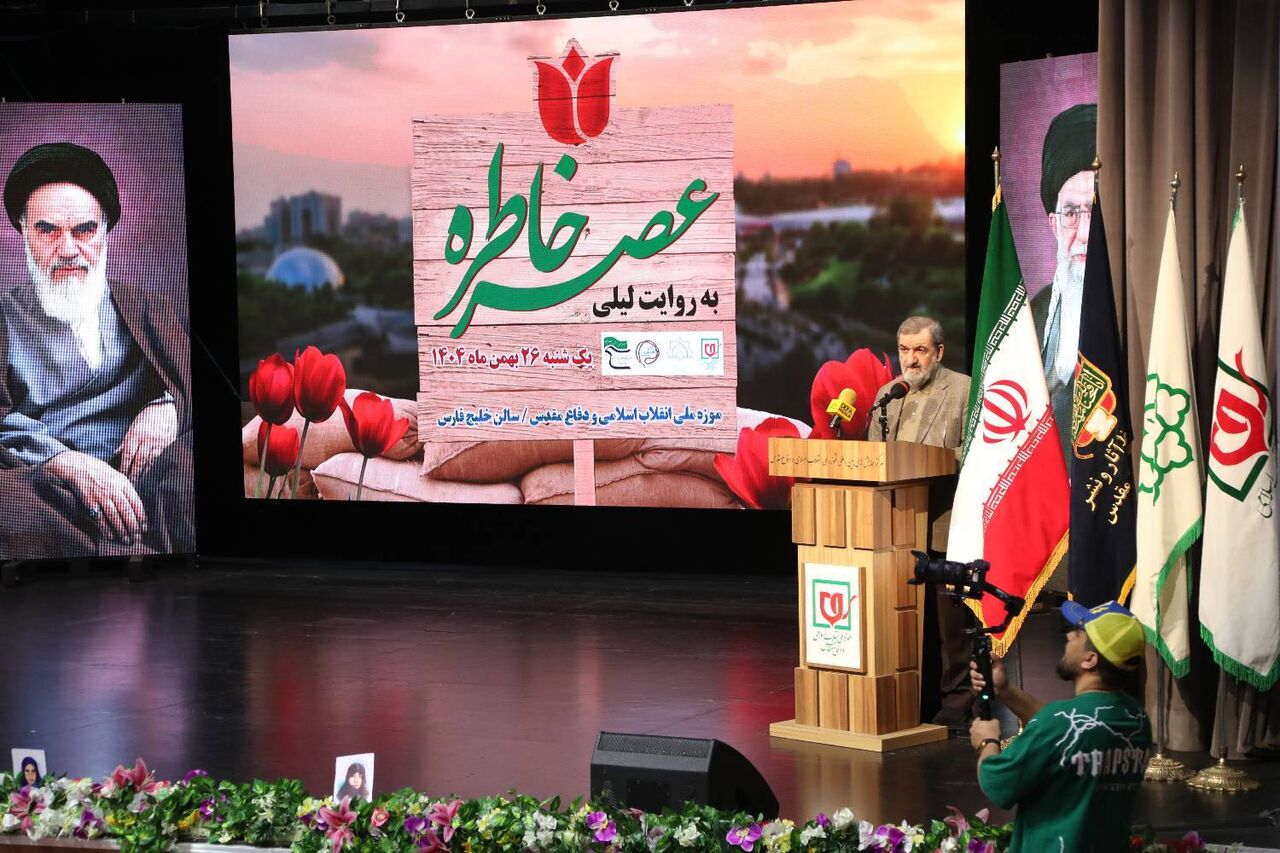Gaza ceasefire: Lasting peace will remain elusive without an end to occupation
Gaza ceasefire: Lasting peace will remain elusive without an end to occupation

Good news, for a change, from Egypt on Thursday morning.
A deal has been reached to end Israel's genocidal war in Gaza. In my opinion, the Hamas leadership surely would not have agreed to the deal had there not been concrete gains for the Palestinian people.
Unlike previous ceasefire deals that didn’t last long - due to Israel's violations - or never materialised, this deal is the product of an international effort led by the United States and joined by no less than eight Arab and Muslim countries.
Such an international coalition seems to constitute a solid guarantee that once the deal is signed, it will be observed. The attendance of two Trump envoys and two very senior Qatari and Turkish officials seemed to confirm this.
Undoubtedly, the deal was not easy to hammer out. It took several days and nights of rigorous discussions that hovered around Trump’s 20-point plan, believed to be a manipulated version of the plan he originally presented to the Arab and Muslim leaders he met at the UN General Assembly in New York.
Despite the manipulation and alternations introduced by Israeli Prime Minister Benjamin Netanyahu to turn this into a capitulation forced on Hamas, the Palestinian movement was very careful not to give a yes or no answer. They responded with a cleverly drafted statement expressing willingness to be positive and engage in negotiations.
Not much is available about the details of the discussions at Sharm El-Sheikh. Yet, it might be safe to assume that much of the effort on the part of Hamas negotiating team was focused on steering the deal in the direction of achieving the movement's main demands: withdrawal of Israel troops, a prisoners exchange, allowing aid in and setting a schedule for reconstruction.
Not the end yet
The war will stop and the Israelis will gradually withdraw from Gaza to pave the way for an exchange of captives (war prisoners). Understandably, reconstruction and governance will come at a latter phase.
Yet, the most concrete thing about this deal is the failure of Netanyahu’s plan to crush the resistance and depopulate Gaza.
The deal is also a blow to the so-called religious Zionism faction, which has been driving the genocide in Gaza.
Furthermore, two years of genocide have exposed Israel before the eyes of the entire world. More than at any time before, the world recognises Zionism for what it is, a supremacist settler-colonial project.
Israeli top leaders, including Netanyahu, are indicted war criminals at the highest world courts. This is something that will never be forgotten or ignored, and for generations to come.
The fact that a ceasefire deal has been agreed upon does not in any way imply that the Israeli war crimes will be forgotten or forgiven.
It is worth remembering that Hamas has always sought a ceasefire deal. It was Netanyahu and his extremist governing coalition that sabotaged all previous attempts to reach a deal. They even reneged on deals concluded between the two sides.
What changed this time is that US President Donald Trump is desperate to be awarded the Nobel Peace Prize.
But we should realise that this is, by no means, the end of the problem. The Palestinians have not gained their freedom, for which they have been struggling for more than 100 years.
That’s why the struggle for freedom will inevitably go on.
Not only that. As long as Israeli occupation continues, tensions across the region will persist and other rounds of conflict are likely to erupt in the future.
That is why the lasting peace Trump has promised will remain elusive without an absolute end to the Zionist occupation of Palestine.
How can there be peace when the people of Gaza are kept under siege in an open-air prison and the people of the Occupied West Bank are preyed upon by Jewish settlers, who usurp their land, burn their olive trees, and destroy their livelihood, day and night.
The Hamas formula for lasting peace begins with a long-term truce, or hudna.
A hudna is recognised in Islamic jurisprudence as a legitimate and binding contract whose objective is to cease fighting with the enemy for an agreed period of time. It may be short or long, depending on mutual needs and interests.
A feasible plan for peace
The hudna terms, as I discuss in my book Hamas Unwritten Chapters, are simple and straightforward: a complete Israeli withdrawal from all the territories occupied in the June 1967 war; the removal of all settlers from those territories; and the release of all Palestinian detainees held in Israeli prisons.
Anything short of hudna will mean Israel is not serious about a lasting peace.
It is about time that the US and EU leaders take the Palestinian resistance movement more seriously and even consider its offer of a long-term truce. Following the failure of the Oslo peace accords and the abortion of any chance of a two-state solution, hudna may still be the only feasible plan for peace.
Following the failure of the Militarily, Hamas has surely been weakened by two years of war, yet as an idea, resistance to Israel's occupation and criminality is as alive as ever
As for Hamas, for many Palestinians, this organisation is not just an army. It is an idea, a culture and a phenomenon.
Militarily, the movement has surely been weakened by two years of war, but it has not been finished. Yet, as an idea, the resistance to Israel's occupation and criminality is as alive as ever; whether it is called Hamas or any other name.
That idea is even stronger than ever.
As we have witnessed during the past two years since 7 October 2023, many Palestinians, especially in Gaza, hold the view that Hamas remains the true representative of the Palestinian people’s struggle for freedom.
According to recent polls, and despite all the pain and suffering incurred by the people of Gaza, the Palestinian movement continues to be the people’s first choice.
This should not be surprising knowing that the majority of the inhabitants of Gaza are descendants of Palestinians forced to flee their villages and towns in 1948, when Zionist armed gangs perpetrated massacres in various locations to drive the indigenous population out.
The people of Gaza, along with the resistance movements, have proven that no brutal force, nor massacres, no genocide, and no threat of depopulation, will deter the Palestinian people from insisting on their right to resist occupation, and to return home, to the very lands that the Zionists with the help of imperialist western states forced their parents and grandparents to leave more than 78 years ago.
The views expressed in this article belong to the author and do not necessarily reflect the editorial policy of Middle East Eye.












